The landscape of American marriages has undergone significant transformations over the past few decades, prompting many couples to seek professional guidance to navigate the complexities of modern relationships. Marriage counseling, once a taboo subject, has now become a widely accepted and often essential resource for couples striving to maintain healthy partnerships. The reasons behind this shift are as varied as the couples themselves, ranging from communication breakdowns to financial stressors and evolving societal expectations.
The rise of marriage counseling in the United States reflects broader cultural changes in how we view relationships. Where previous generations might have quietly endured unhappy marriages or pursued divorce as the only alternative, today's couples are increasingly willing to invest time and effort into repairing and strengthening their bonds. This cultural evolution has been accompanied by growing recognition of mental health's importance in overall wellbeing, removing much of the stigma that once surrounded therapy of any kind.
Modern marriage counselors employ diverse approaches tailored to each couple's unique circumstances. Some focus on improving communication skills, helping partners express their needs without triggering defensive reactions. Others delve into childhood experiences and attachment styles that might unconsciously influence adult relationships. The most effective counselors often combine multiple techniques, creating customized strategies that address both surface conflicts and their deeper roots.
Financial pressures frequently emerge as a central theme in counseling sessions. The economic realities facing many American families - stagnant wages paired with rising costs of housing, healthcare, and education - create persistent stress that can erode even the strongest relationships. Counselors help couples develop coping mechanisms and communication strategies to prevent money conflicts from poisoning other aspects of their partnership. Learning to discuss finances without blame or shame often becomes a crucial breakthrough for many couples.
Technology's impact on relationships has become another common counseling topic. The constant presence of smartphones and social media has introduced new challenges to marital intimacy and trust. Many counselors report spending significant time helping couples establish healthy digital boundaries and rebuild connections that have been weakened by technological distractions or online infidelities. The solutions often involve creating tech-free zones and times in the home, along with exercises to strengthen face-to-face communication skills.
Parenting disagreements represent another frequent source of marital strain addressed in counseling. Differences in parenting styles that seemed minor before children can become major fault lines afterward. Effective counselors help couples align their parenting approaches while respecting each partner's values and concerns. This process often requires compromise from both sides and a shared commitment to presenting a united front to their children, even when private disagreements persist.
The changing nature of gender roles has significantly influenced marriage dynamics and counseling approaches. As traditional divisions of labor continue to evolve, many couples struggle to negotiate responsibilities in ways that feel fair to both partners. Counselors frequently mediate these discussions, helping couples move beyond societal expectations to create arrangements that work for their unique circumstances. These conversations often reveal deeper issues around respect, appreciation, and the emotional labor involved in maintaining a household and relationship.
Infidelity remains one of the most challenging issues marriage counselors confront. While cheating often precipitates counseling, many therapists note that affairs frequently symptomize pre-existing relationship problems rather than causing them. The counseling process for couples dealing with infidelity typically involves rebuilding trust, understanding what led to the betrayal, and determining whether both partners genuinely want to repair the relationship. Some couples emerge stronger from this painful process, while others gain clarity that their marriage has run its course.
Cultural differences in relationships have gained increasing attention in marriage counseling. As American society grows more diverse, intercultural marriages have become more common, bringing both richness and unique challenges to relationships. Counselors help couples navigate differences in family expectations, communication styles, and value systems that might stem from their distinct cultural backgrounds. The most successful outcomes often involve creating a new, blended culture for the relationship that honors both partners' heritages.
The growing acceptance of LGBTQ+ marriages has expanded the scope of marriage counseling. While these couples face many of the same issues as heterosexual pairs, they also encounter unique challenges related to societal acceptance, family dynamics, and in some cases, internalized homophobia. Competent counselors educate themselves about these specific concerns while recognizing that every relationship, regardless of its participants' genders, requires personalized attention and understanding.
Preventative marriage counseling has gained popularity among younger couples. Rather than waiting for serious problems to develop, many partners now seek counseling early in their relationships to build strong foundations. These sessions often focus on developing healthy communication patterns, aligning life goals, and establishing conflict resolution strategies before major disagreements arise. This proactive approach reflects a broader cultural shift toward viewing relationship maintenance as an ongoing process requiring conscious effort and occasional professional guidance.
The COVID-19 pandemic created unprecedented challenges for marriages, leading to a surge in counseling demand. Couples who suddenly found themselves spending all their time together in confined spaces, while simultaneously dealing with health fears, financial instability, and parenting stresses, often reached breaking points. Counselors developed new strategies to help couples navigate these extraordinary circumstances, emphasizing the importance of creating individual space within shared environments and developing coping mechanisms for heightened anxiety.
Despite its growing acceptance, misconceptions about marriage counseling persist. Some couples believe seeking help signals failure, when in reality it demonstrates commitment to the relationship's health. Others expect quick fixes, not understanding that meaningful change requires time and effort from both partners. Effective counselors address these misconceptions early, setting realistic expectations about the counseling process and each partner's role in making it successful.
The future of marriage counseling in America appears poised for continued evolution. As societal norms shift and new generations bring different expectations to relationships, counseling approaches will likely adapt accordingly. What remains constant is the fundamental human need for connection and understanding - needs that skilled marriage counselors help couples fulfill in their shared lives together. The growing embrace of this resource suggests that more couples than ever recognize that even the healthiest relationships can benefit from professional guidance at times.

By Sophia Lewis/Apr 19, 2025
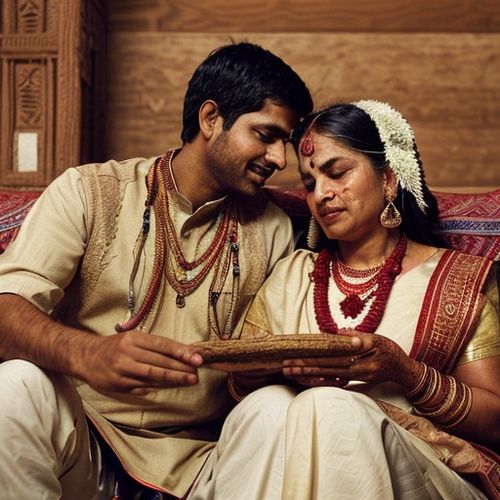
By Joshua Howard/Apr 19, 2025

By Laura Wilson/Apr 19, 2025
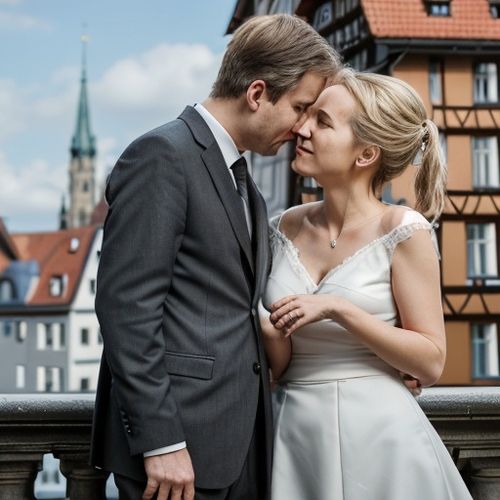
By James Moore/Apr 19, 2025

By Eric Ward/Apr 19, 2025

By Ryan Martin/Apr 19, 2025

By Elizabeth Taylor/Apr 19, 2025
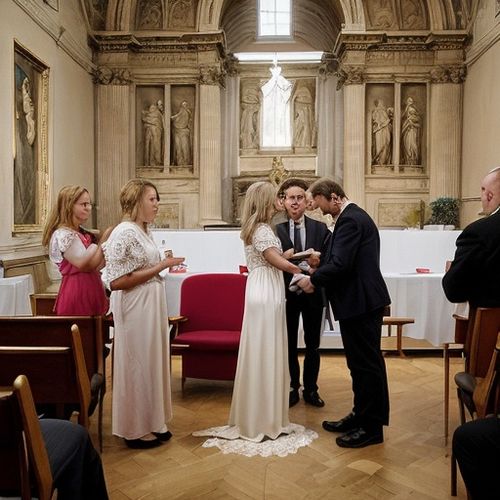
By Samuel Cooper/Apr 19, 2025
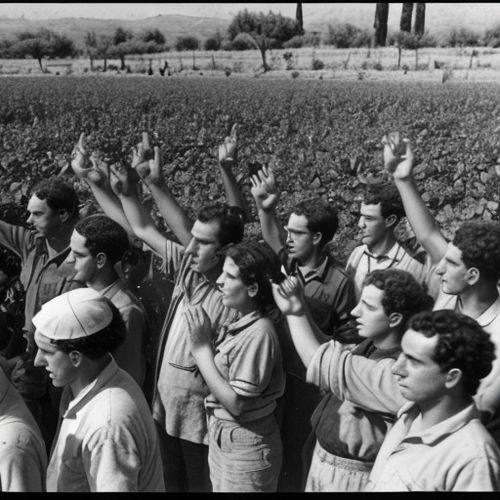
By Benjamin Evans/Apr 19, 2025
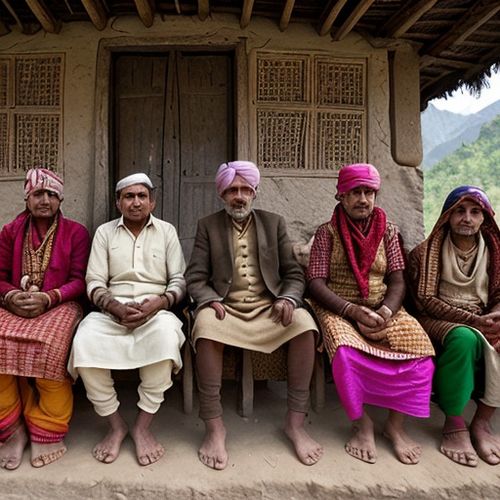
By Christopher Harris/Apr 19, 2025

By Olivia Reed/Apr 19, 2025

By Megan Clark/Apr 19, 2025

By Michael Brown/Apr 19, 2025

By William Miller/Apr 19, 2025

By Sarah Davis/Apr 19, 2025

By Joshua Howard/Apr 19, 2025
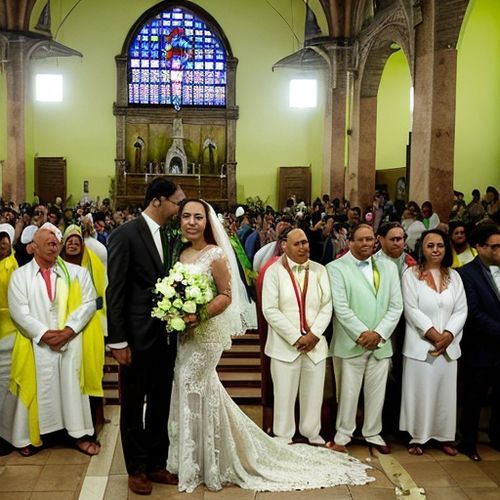
By Ryan Martin/Apr 19, 2025

By Eric Ward/Apr 19, 2025

By Jessica Lee/Apr 19, 2025
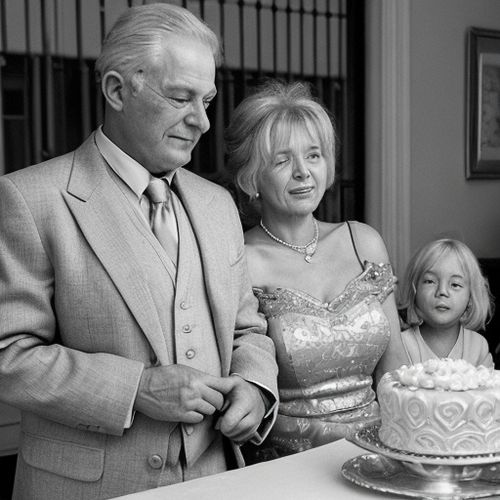
By David Anderson/Apr 19, 2025